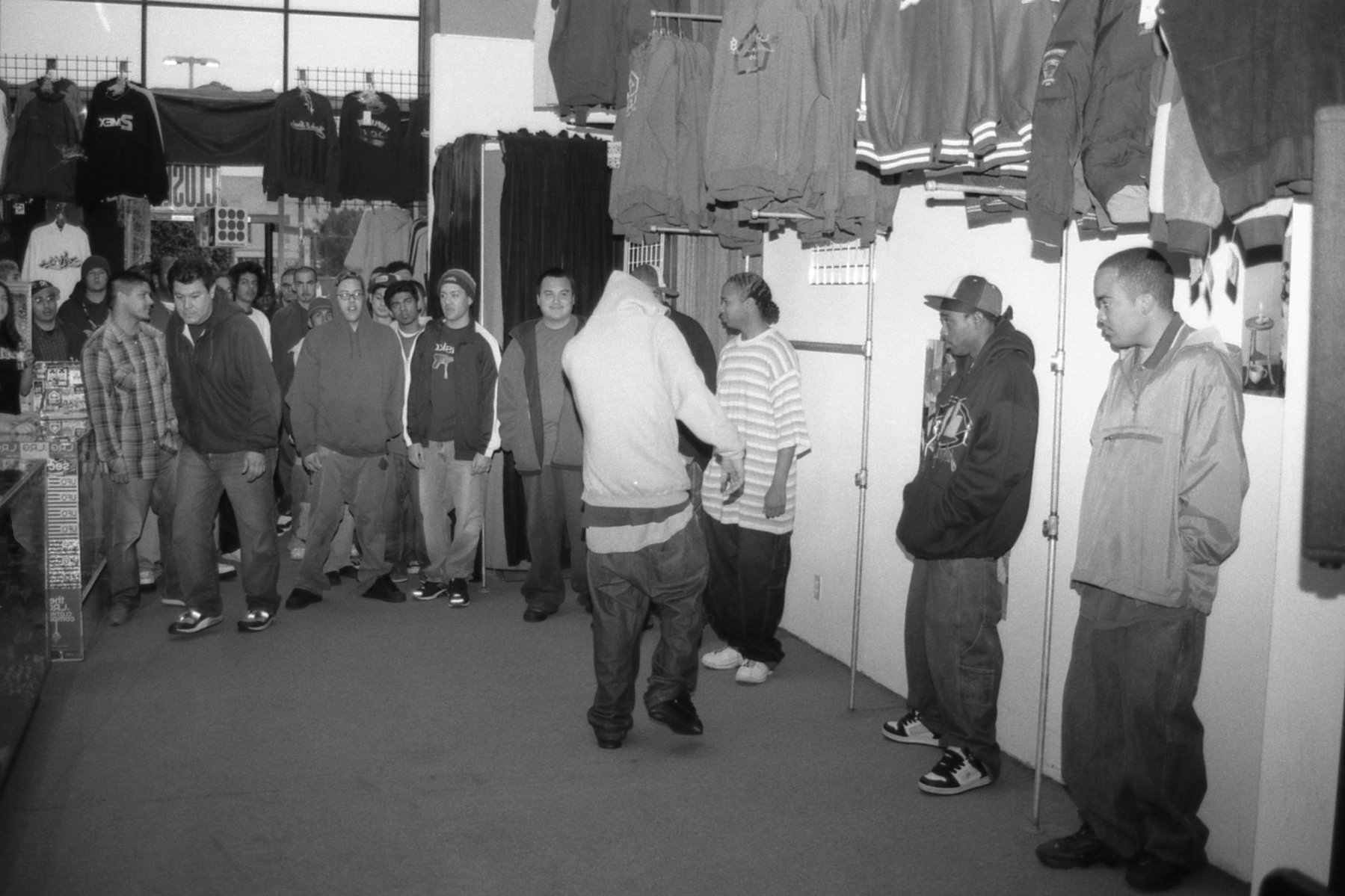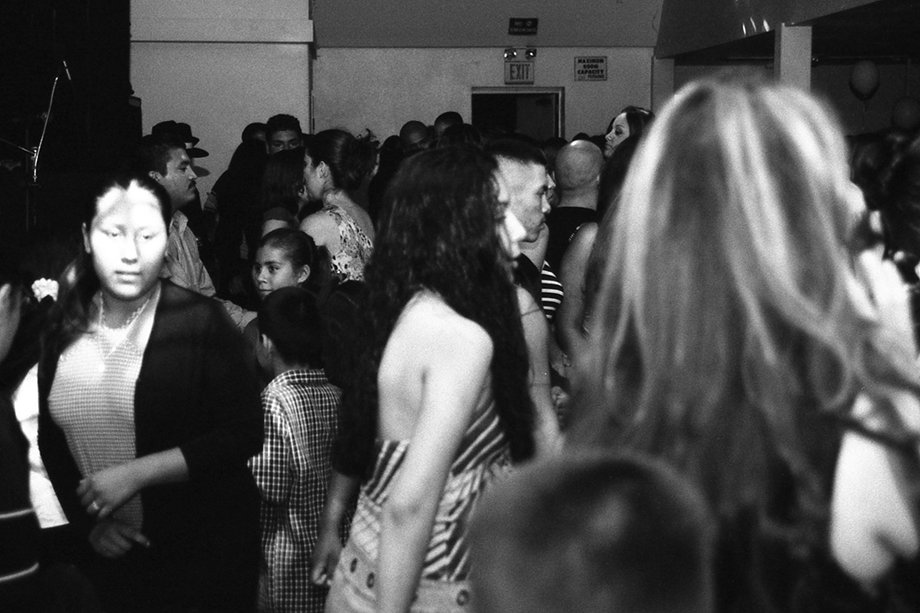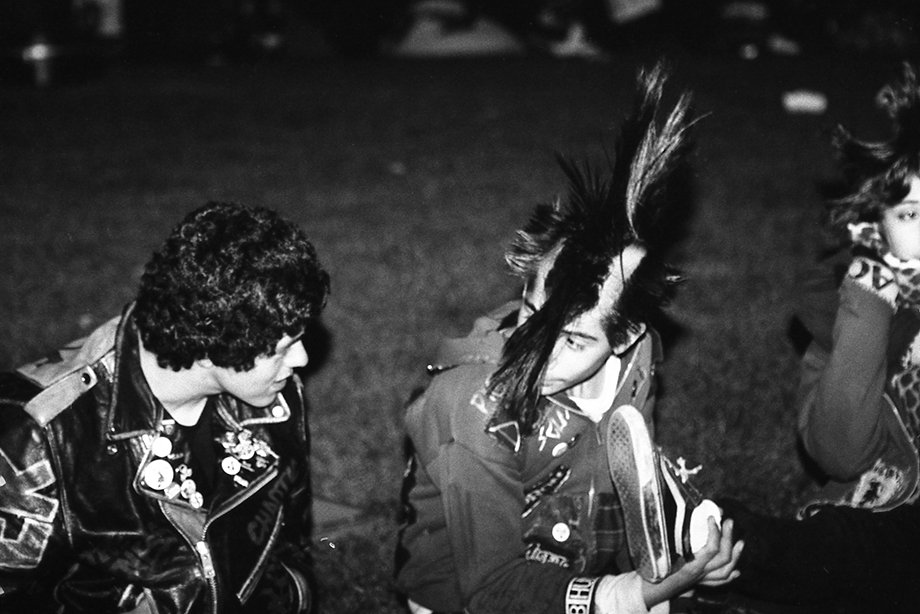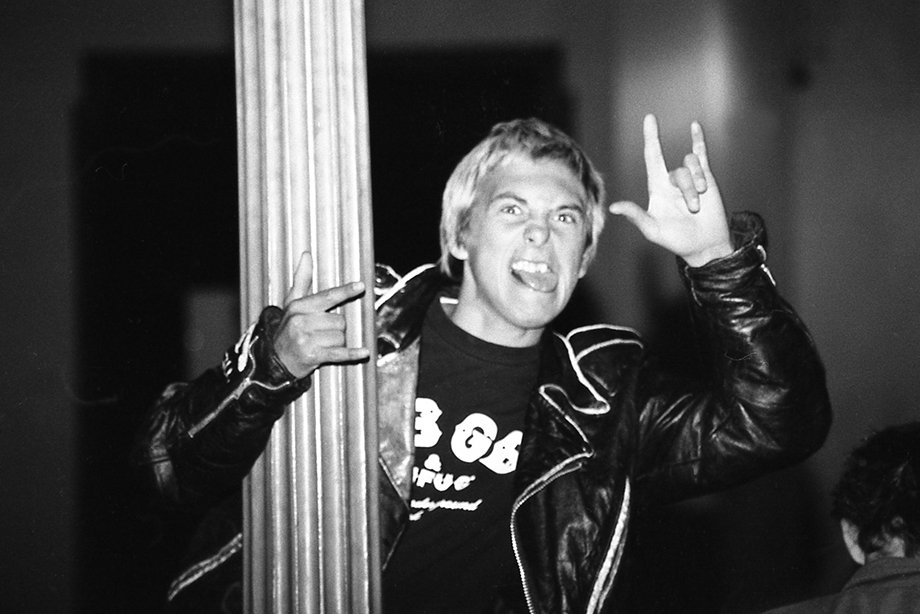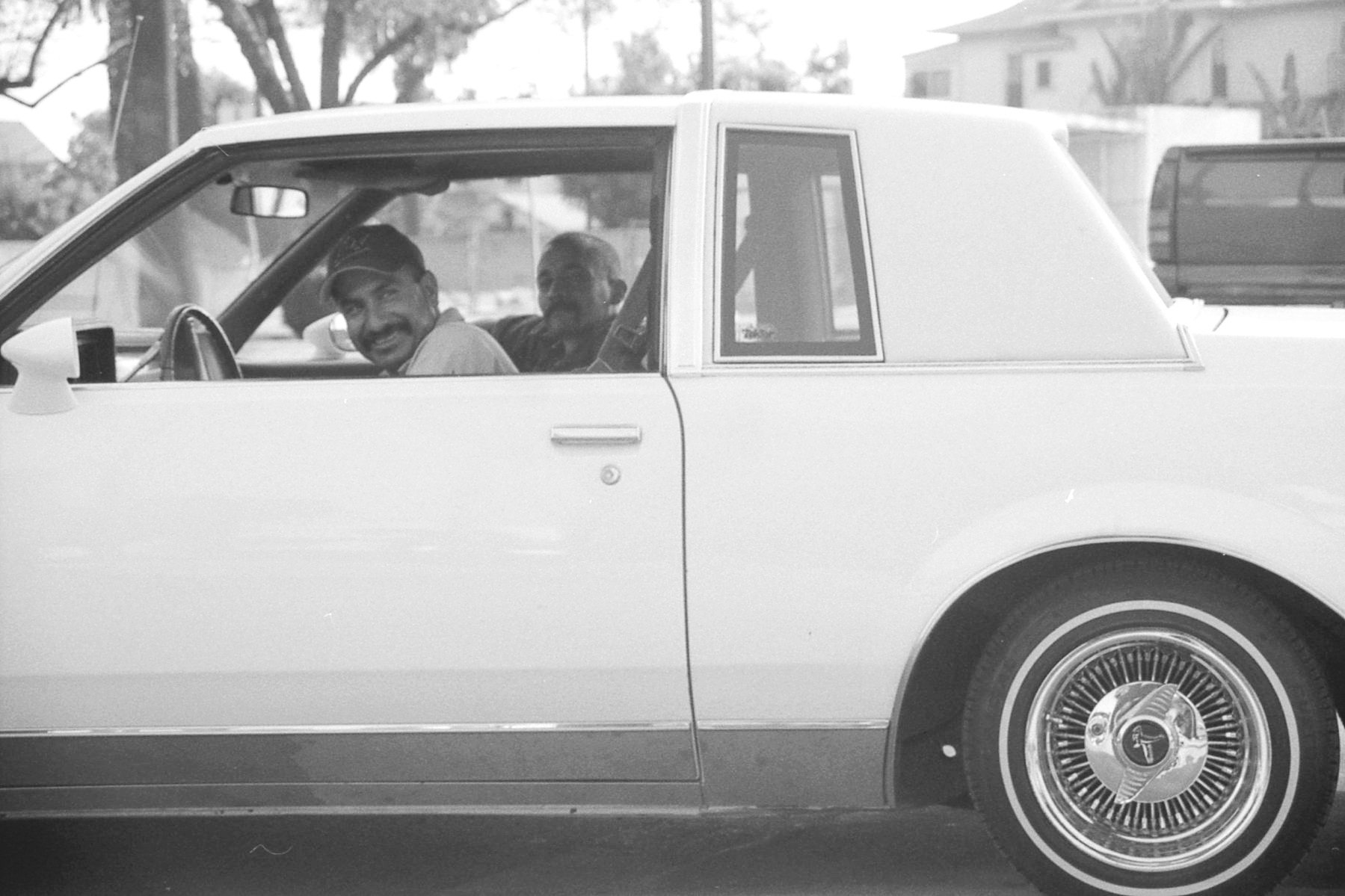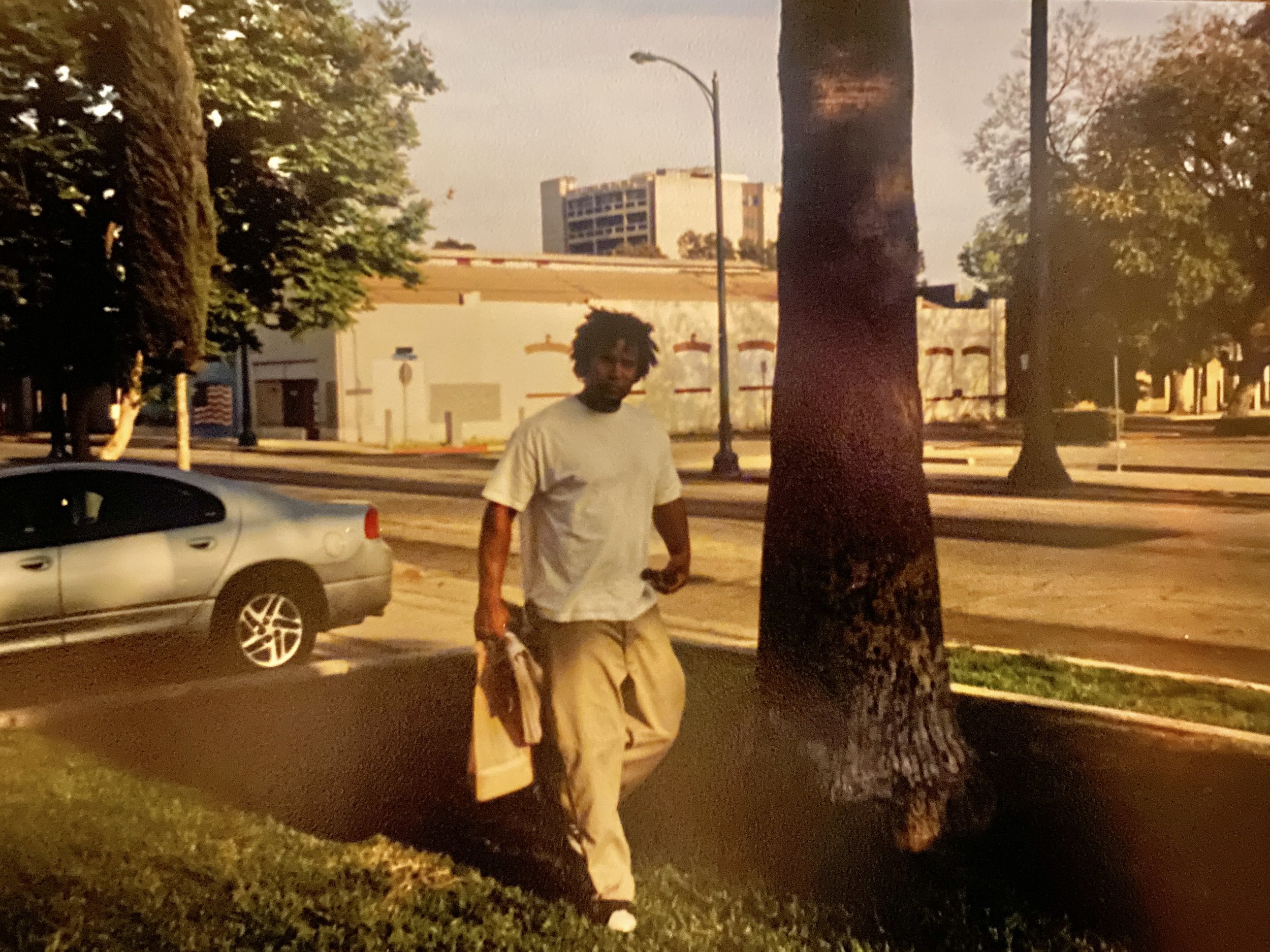Victory Gardens: Where Did They Go? Has Patriotism Traded Roots for Asphalt and Symbols?
Illustration by Julian Lucas ©2024
In the 1940s, American patriotism got their hands dirty. During World War II, “Victory Gardens” sprouted in backyards, empty lots, schoolyards, and public spaces. Although originally called war gardens during World War I beginning in 1917. At their peak, nearly 20 million gardens produced an estimated 40% of the fresh vegetables consumed in the United States. The phrase "victory garden" was first used by the head of the National War Garden Commission, Charles Lathrop Pack during the end of World War I. The word was so popular that it was used again during World War II, when victory gardeners returned to duty. It was more optimistic than "war garden. "These gardens were a response to wartime rationing and strained supply chains, but the gardens were also a powerful symbol of solidarity and resilience. Families, schools, and entire neighborhoods participated, showing that patriotism was a communal effort rooted in a palpable action.
Victory Gardens were a source of food, but more over they were a cultural movement. Public campaigns encouraged Americans to see gardening as a civic duty, with posters urging citizens to Dig for Victory. Magazines published gardening tips, and communities came together to share seeds and tools. These efforts embodied elements of socialism prioritizing the collective good over individual profit. This means, the Silent Generation, parents of the Baby Boomers, was focused on mutual aid and ensuring that everyone had access to the resources and knowledge they needed to contribute. This sense of shared purpose was a stark contrast to the hyper individualism that dominates present American culture.
WWII Victory Garden Campaign 1942
A Resident of Southwest Washington, DC and her Victory Garden.” Note the service flag in her window. Two stars means two family members serving in the war. Photo by Joseph A. Horne, Office of War Information, June 1943.
Furthermore, the Black community also participated by growing food in their backyards as they were accustomed to gardening. Their resilience persevered during during the time of Victory Gardens because Jim Crow Laws, segregation, and lynching’s were still common. Segregation made it more difficult for Blacks because of the limited access to high quality seeds.
Additionally, Japanese Americans were also encouraged to grow gardens on camp property during the war, despite being forced to relocate to internment camps because of discrimination as well.
In the modern day, collaborative attitudes have diminished. Instead of repurposing public and private land for food production, modern America has embraced privatization and industrialization, additionally consumerism and performative patriotism. Big trucks with American flags as large as king-size bed sheets flapping in the wind, along with social media posts proclaiming allegiance to the nation. The symbols of patriotism are everywhere, flags hanging from houses or planted in green suburban lawns, campaign signs with slogans draped over freeways, and president-branded t-shirts and caps becoming a fashionable trend. However, the substance, acts of service, community building, and self reliance, is increasingly absent. Meanwhile, growing your own food, once seen as a patriotic duty and some has also associated to poverty as it was a necessity for people who couldn’t afford to purchase food from the grocery stores on a regular basis, more so in rural areas. Today, the concepts of growing your own food and farm-to-table dining are often viewed by some as leftist, socialist, or liberal niche interests and are not always taken seriously. However, those who truly understand the value of these practices, particularly people from densely populated and diverse cities, view them as a more health conscious and environmentally responsible alternative to industrialized food, which is commonly served at chain restaurants. Many local restaurants have embraced the farm to table concept. At such places, the commitment to sourcing fresh, local ingredients is evident from the moment you sit down, with servers often highlighting that their food comes directly from local farms.
"Sow the Seeds of Victory!" poster by James Montgomery Flagg, c. 1917. Library of Congress.
The rise of neoliberal policies, championed by politicians on both sides of the aisle, has prioritized privatization over public welfare. Food production has been monopolized by massive corporations focused on profits. Urban food deserts have been flooded with unhealthy processed options, while fresh, affordable produce remains scarce. Land once accessible for community or agricultural use has been parceled out for private development, turning potential gardens into parking lots, strip malls, and luxury housing, all done in the name of the almighty dollar.
Public spaces like parks and sidewalks, which were integral to the Victory Garden movement, are now largely overlooked as resources for combating food insecurity. During World War II, parks and other communal spaces were repurposed for food production, serving as hubs for community gardening. Today, these same spaces are either privatized, with the use of a BID (Business Improvement District) heavily policed by the BID with the use of private security, or restricted in ways that make them inaccessible for urban agriculture. For example, beautification ordinances or privatization deals often prioritize aesthetics and corporate interests over utility and community needs. Sidewalks, which could host planter boxes or small-scale gardens in dense urban areas, are treated as commercial spaces or are heavily regulated to limit community use.
'Dig for Victory' campaign was set up during WWII by the British Ministry of Agriculture. Published 1939
The Victory Garden movement wasn’t just about food, it was about empowerment and resilience. It showed that, in times of crisis, communities could take action to address their own needs. It provided a sense of control and pride at a time when global events felt overwhelming. Imagine how this ethos could transform neighborhoods in food deserts today, where access to healthy food is limited by systemic neglect and corporate-driven policies.
In neighborhoods like Pomona and Claremont, and other surrounding cities vacant lots and neglected public spaces could be transformed into thriving urban farms, although it is understandable the empty lots are privately owned. Instead of being seen as an eyesore or impractical, these spaces could become the heart of a modern “Victory Garden” movement, one that combats food deserts, fosters community, and challenges the dominance of profit-driven food systems.Additionally, Victory Gardens can go as far as to broaden its reach by collaborating with restaurants, bringing the farm to table culinary experience to life. This would mean instead of your salad coming from bagged treated lettuce, it would come directly down the street from the Victory Garden.
Published 1917 Courtesy of Library of Congress
If patriotism is about having pride and loving your country, it must also mean caring for all its people, not just protecting corporate profits or only a certain group of people. A modern “patriotic gardening” movement could reclaim urban spaces, empowering all disinvested communities throughout America to combat food insecurity. By reinvesting in public spaces and rejecting neoliberal policies that prioritize profit over people, we could bring the spirit of Victory Gardens back to life.
Real patriotism isn’t performative. It’s all about action, getting your hands dirty to build something sustainable. Today, planting a garden could be one of the most radical acts of modern patriotism, opposing privatization and empowering communities. The seeds of a more equitable America are waiting to be sown, it’s time we planted them.
Julian Lucas, is a photographer, a purveyor of books, and writer, but mostly a photographer. Don’t ever ask him to take photos of weddings or quinceaneras, because he will charge you a ton of money.

















